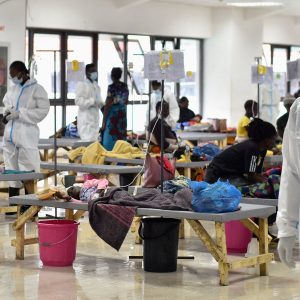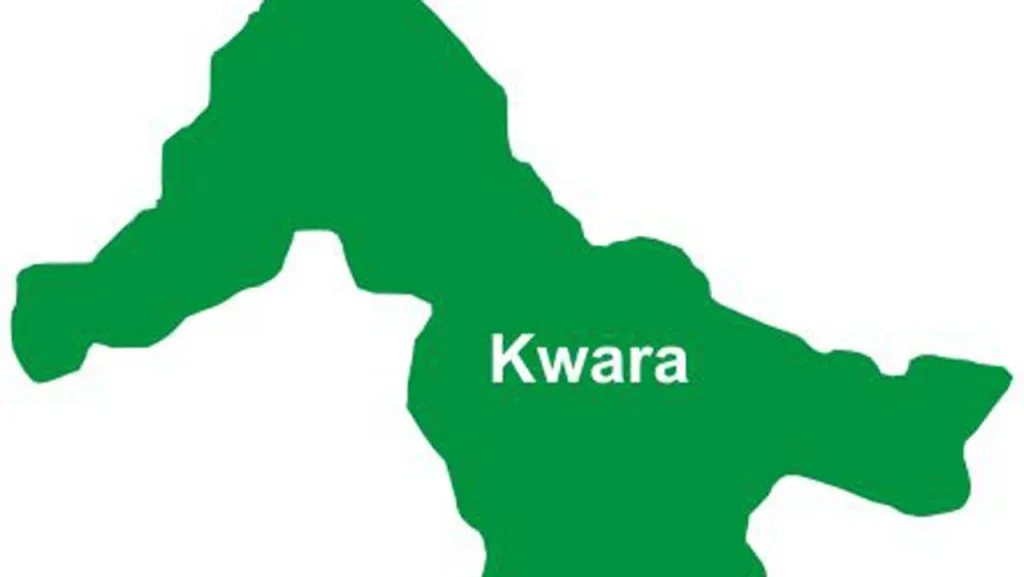CurrentReport Blog In a decisive move to safeguard public health, the Kwara State Government has intensified its efforts to prevent a potential cholera outbreak.
This action comes in response to recent reports of severe gastroenteritis in several Lagos State communities, including Eti-Osa, Lagos Island, Ikorodu, and Kosofe. The state’s proactive stance underscores its commitment to the health and safety of its residents.

Statewide Alert and Enhanced Surveillance
Mr. Gbenga Falade, the Chief Press Secretary for the Kwara Ministry of Health, revealed in a statement to the News Agency of Nigeria (NAN) that surveillance teams across all 16 Local Government Areas (LGAs) of Kwara have been put on high alert. These teams are poised to respond swiftly to any signs of cholera cases, ensuring prompt containment and management.
Public Awareness Campaigns
To further bolster preventive measures, the Ministry of Health has launched an extensive awareness campaign. This includes the dissemination of information through radio jingles, which educate the public on preventive practices and ways to protect themselves against cholera.
“The Ministry is committed to ensuring that our citizens are well-informed about the risks of cholera and how they can prevent it,” said Falade. “We are using every available channel to reach out to communities and provide them with crucial information.”
Expert Insights on Preventive Measures
Prof. Tanimola Akande, a respected figure in public health and a Consultant Public Health Physician with the University of Ilorin Teaching Hospital (UITH), emphasizes the importance of sanitation in preventing cholera. He highlights that proper disposal of faecal waste, alongside stringent food and water hygiene, are critical in mitigating the risk of cholera transmission.
“Cholera is primarily a waterborne disease caused by the bacterium Vibrio cholerae,” Prof. Akande explained. “Ensuring proper sanitation and hygiene practices is essential to control and prevent outbreaks.”
The Role of Vaccination
In addition to sanitation and hygiene, Prof. Akande advocates for cholera vaccination as a cost-effective measure to control potential epidemics. While vaccination is a powerful tool in combating cholera, it is most effective when combined with other preventive strategies such as safe water practices and sanitation.
“Vaccination should be part of a comprehensive approach to controlling cholera, not a standalone solution,” Prof. Akande stressed.
A Call for Community Vigilance
The Kwara State Government’s proactive steps highlight the importance of community vigilance and participation in public health initiatives. As the state braces for any potential cholera cases, the collective effort of healthcare providers, government agencies, and citizens remains crucial.
Residents are encouraged to stay informed, practice good hygiene, and report any symptoms of cholera, such as severe diarrhea and dehydration, to local health authorities promptly.
The ongoing efforts by the Kwara State Government and health experts reflect a robust commitment to preventing a cholera outbreak. Through heightened surveillance, public education, and preventive measures, Kwara is setting a strong example in public health preparedness. The community’s cooperation and adherence to advised health practices will play a pivotal role in safeguarding the state from this potentially life-threatening disease.












